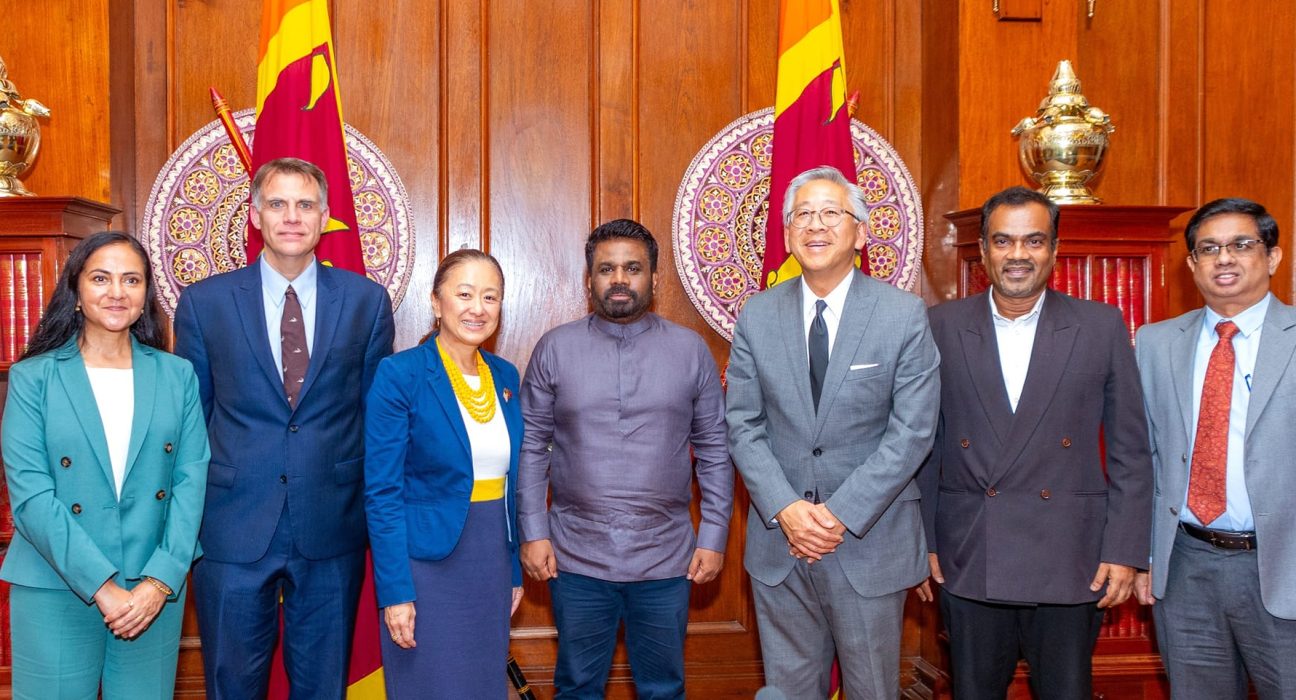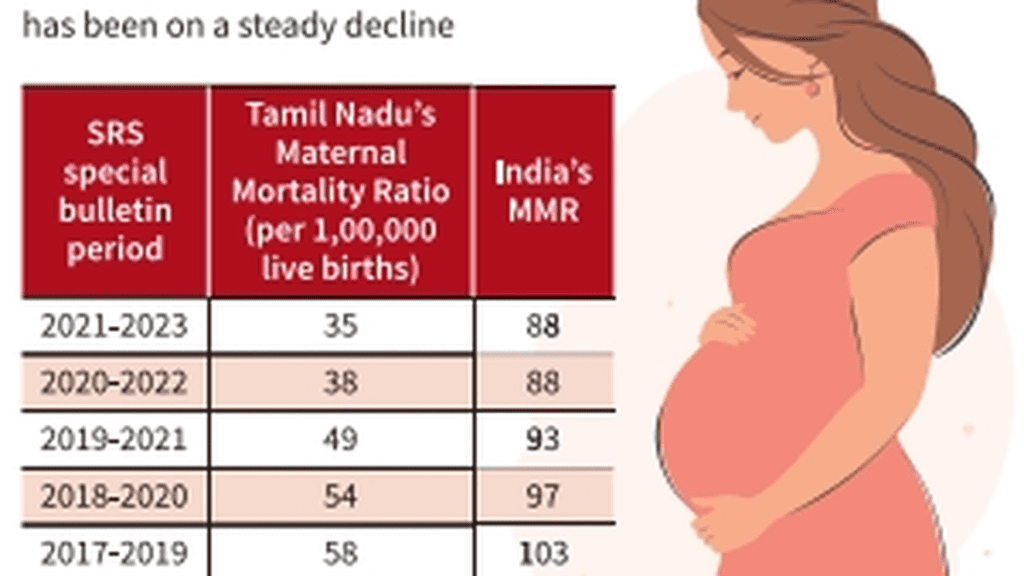U.S. Reaffirms Support for Sri Lanka’s Anti-Corruption Efforts

U.S. Reaffirms Support for Sri Lanka’s Anti-Corruption Efforts
The U.S. Assistant Secretary of State for South and Central Asian Affairs, Donald Lu, pledged unwavering support for Sri Lanka’s anti-corruption initiatives during a meeting with President Anura Kumara Dissanayake on December 7.
Mr. Lu emphasized the United States’ commitment to providing financial and technical assistance to bolster Sri Lanka’s economy, security, and corruption eradication programs, according to the President’s Media Division.
Among the key areas of collaboration discussed was the recovery of funds illegally moved out of Sri Lanka? Mr. Lu also commended the Sri Lankan administration’s focus on addressing political, economic, and social challenges, reiterating U.S. support for preserving the country’s sovereignty and territorial integrity.
President Dissanayake acknowledged the deep-rooted influence of political culture on corruption and waste in Sri Lanka. He outlined his government’s initiatives aimed at fostering a new political culture, improving rural living standards, and reforming public services to enhance governance.
The Scope of Corruption in Sri Lanka
Sri Lanka ranked 115th out of 180 countries on the 2023 Corruption Perceptions Index (CPI) with a score of 34, reflecting widespread corruption in the public sector.
Transparency International describes corruption as the misuse of entrusted power for personal gain, which erodes trust, undermines democracy, hinders economic progress, and exacerbates social inequalities.
Corruption distorts democratic institutions by compromising electoral processes, weakening the rule of law, and encouraging bribery in bureaucratic systems.
The causes of corruption range from greed and political monopolization to weak democratic frameworks and lack of press freedom.
Inefficient bureaucracies and inadequate governance systems often perpetuate corruption, creating barriers to public service delivery. Although some scholars argue that corruption may occasionally “grease the wheels” of economic development, research consistently demonstrates that corruption-free institutions improve governance and overall human well-being.
Corruption in public services and state-owned enterprises (SOEs) further aggravates governance challenges. Ineffective institutions result in substandard delivery of essential services like healthcare, education, and law enforcement.
Meanwhile, SOEs—vital players in sectors like transportation, electricity, and telecommunications—are often exposed to corruption due to their proximity to governments, weak corporate governance, and involvement in politically sensitive processes.
Global Lessons and Sri Lanka’s Path Forward
Governance reforms are crucial to addressing systemic corruption, but they require a delicate balance between expertise and democratic participation. Checks and balances, transparency, and an informed citizenry are essential for effective policy making and public accountability. While some reform efforts have succeeded in curbing corruption, others have failed, squandering resources and opportunities.
The Organisation for Economic Co-operation and Development (OECD) has highlighted the disproportionate vulnerability of SOEs to bribery and corruption. Between 1999 and 2013, 81% of foreign bribery cases involved SOEs, underscoring their role in political financing and rent-seeking. Addressing these issues necessitates strengthening corporate governance and insulating SOEs from political interference.
As Sri Lanka collaborates with international partners like the United States to combat corruption, the nation has an opportunity to lay the groundwork for a more transparent and accountable system. Governance reforms, alongside anti-corruption measures, can help restore public trust, attract foreign investment, and enhance the quality of life for all Sri Lankans.










